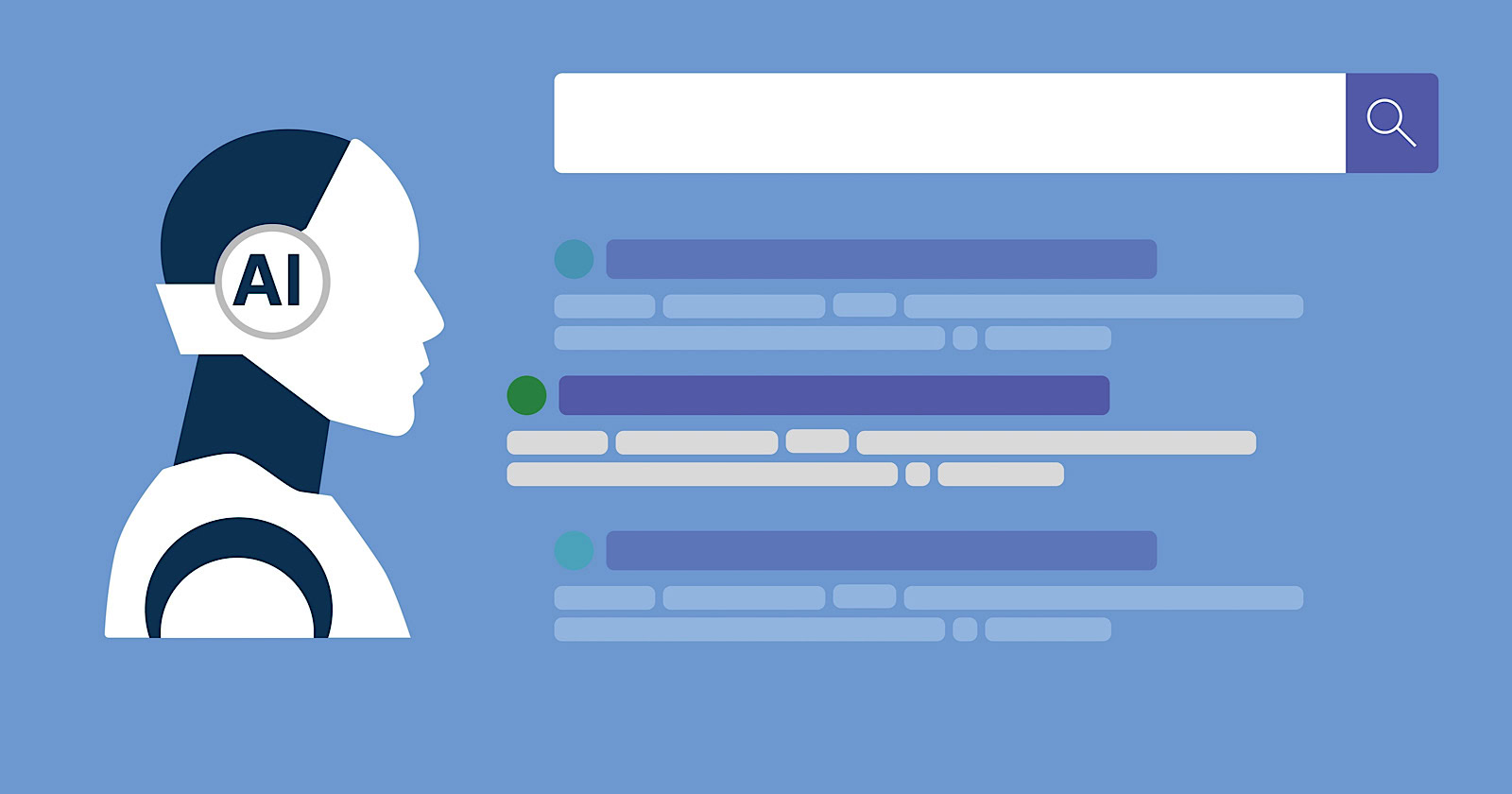Microsoft has provided guidance on how to optimize content for AI-powered search engines.
This advice is timely now that OpenAI has launched ChatGPT Search, which uses Bing’s search index.
Understanding user intent is everything in this new era of search, Microsoft says:
“In the past, digital marketing strategies often relied heavily on demographic data and broad customer segments. But in this era of generative AI, the focus now shifts from who the customer is to what they are looking for—in real-time.”
Microsoft explains several ways websites can optimize content for AI-powered search.
AI SEO Recommendations
Intent-Based Content
Content should address the underlying purpose of user queries, Microsoft says:
“Focus on the intent behind the search query rather than just the keywords themselves. For example, if based on your keyword research, you find that users are searching for “how to choose eco-friendly coffee makers,” provide detailed, step-by-step guides rather than just general information.”
Natural Language Processing (NLP)
Websites should leverage NLP techniques to align content with how AI systems process and understand language.
Microsoft states:
“Generative engines, such as Bing Generative Search, deliver content to searchers by understanding and generating human language through Natural Language Processing (NLP). By analyzing vast amounts of text data to learn language patterns, context, and semantics, they’re able to provide relevant and accurate responses to user queries.”
Additionally, Microsoft emphasized the following sentence in italics:
“Leveraging these same NLP strategies in creating your content can optimize it to rank higher, increase its relevance, and enhance its authority, ultimately boosting its visibility and effectiveness.”
Strategic Keyword Implementation
To improve your website and landing pages for AI search engines, Microsoft recommends these keyword strategies:
- Long-tail keywords for specific user interests
- Conversational phrases matching natural speech patterns
- Semantic keywords providing contextual relevance
- Question-based keywords addressing common user queries
Freshness
Microsoft encourages keeping content updated and suggests using the IndexNow protocol to quickly notify search engines about website changes.
This helps maintain search rankings and ensures AI systems have the latest information.
Microsoft states:
“While it can be tempting to set it and forget it, AI systems depend on the latest, freshest information to determine the most relevant content to display to searchers. Regularly updating your content not only helps maintain your rankings but also keeps your audience engaged with current and valuable information. This practice can significantly influence how AI systems perceive and rank your website.”
Why This Matters
ChatGPT Search now uses Bing’s index, making these optimization strategies vital for websites seeking better visibility in AI-powered searches.
While this can help you create more optimized content, Microsoft acknowledges there’s no “secret sauce” for AI search systems.
How To Get Indexed In ChatGPT Search
Refer to our article on ChatGPT search indexing to ensure your content is indexed in ChatGPT’s real-time search engine.
You can also watch the short video I recorded on this topic below:
Featured Image: jomel alos/Shutterstock





![[SEO, PPC & Attribution] Unlocking The Power Of Offline Marketing In A Digital World](https://www.searchenginejournal.com/wp-content/uploads/2025/03/sidebar1x-534.png)